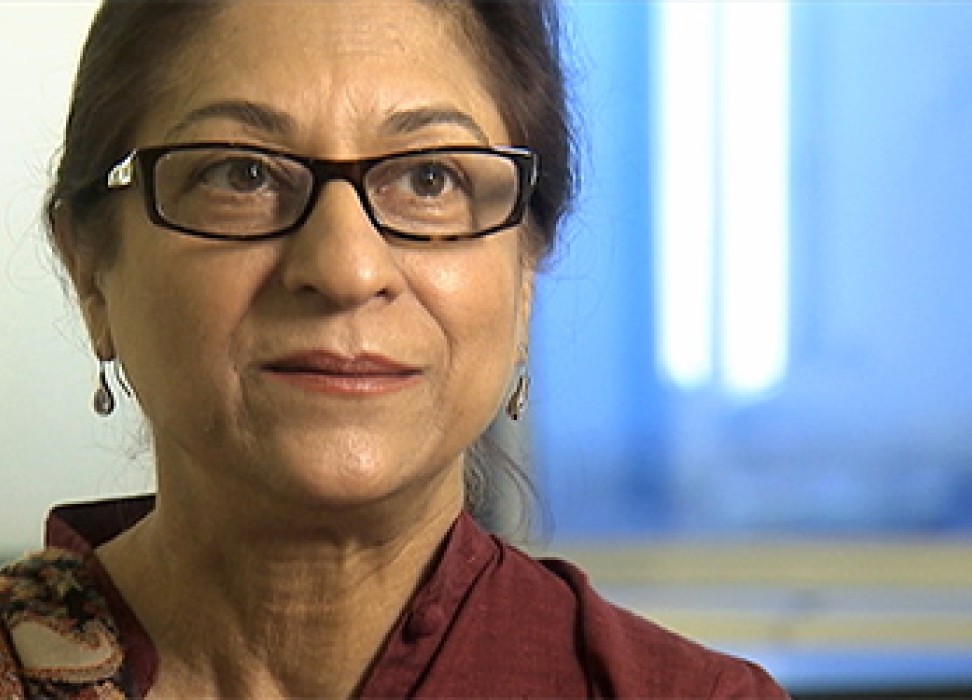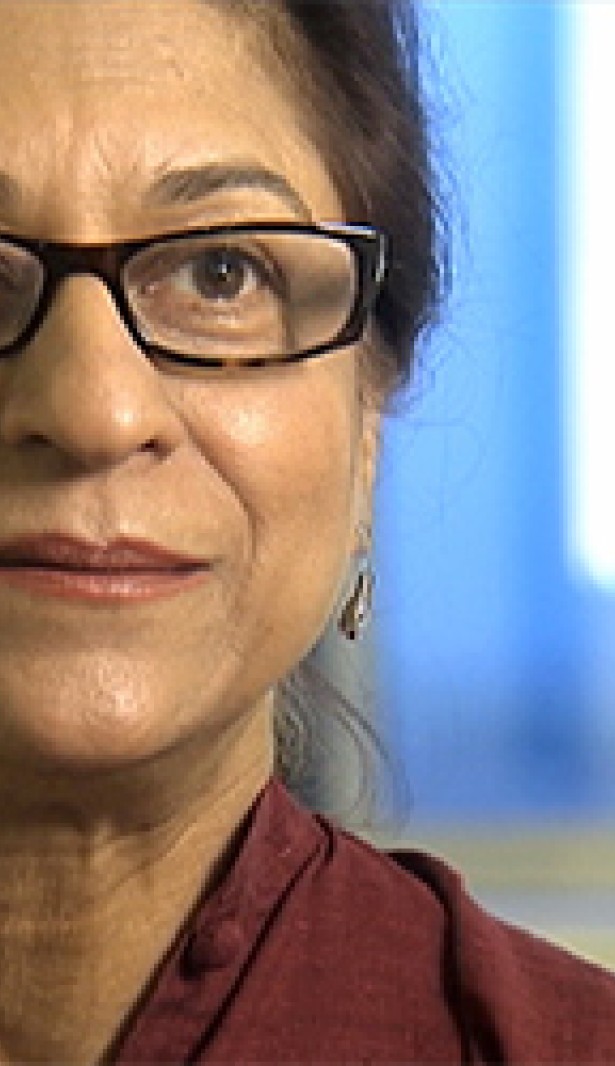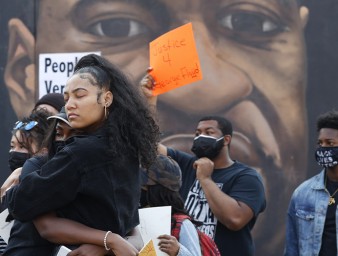Asma Jahangir: "A giant within the global human rights movement"
14 February 2018

UN Special Rapporteur on the situation of human rights in the Islamic Republic of Iran Asma Jahangir died this week in her home country of Pakistan. She was 66.
“Asma was a giant within the global human rights movement,” said UN High Commissioner for Human Rights Zeid Ra’ad Al Hussein. In statement to UN Human Rights Office staff, he described Jahangir as “a legendary human rights defender: pioneering, determined, calm and courageous.”
Jahangir had many firsts and awards. She was the woman to serve as the President of the Supreme Court Bar Association in Pakistan. She was the founder of a home-grown human rights movement in Pakistan and co-founded and served as Chairperson of Human Rights Commission of Pakistan. She won international awards in recognition of her human rights work including the Martin Ennals Award in 1995, the UNESCO/Bilbao Prize for the Promotion of Culture of Human rights and honoured as an Officier de la Legion d’honneur by France.
With the UN Human Rights Office, Jahangir made several unique contributions, including serving as an independent expert on a few occasions. Zeid highlighted some of achievements including serving as expert in the Investigation on Sri Lanka, a member of International Fact-Finding Mission on Israeli Settlements in the Occupied Palestinian Territory and a trustee of the UN Voluntary Trust Fund on Contemporary Forms of Slavery.
She was also a long-standing prominent member of the human rights special procedures system, having served as Special Rapporteur on extrajudicial, summary or arbitrary executions and Special Rapporteur on the freedom of religion or belief. Jahangir’s last and current engagement was as Special Rapporteur on the situation of human rights in the Islamic Republic of Iran.
Zeid recalled how Jahangir selflessly stood up for people’s rights. For example in 1983 she participated in the movement for the restoration of political and fundamental rights during the military regime. For this she was put under house arrest and later imprisoned. She was also under house arrest in 2007, when she served as one of the leaders of the Lawyer’s Movement, after the imposition of emergency rule in Pakistan. Yet, she never wavered from her commitment, Zeid said.
“Asma was a fearless voice of justice for women, children and the most marginalized, disposed and discriminated globally,” he said. “She never lost her sense of hope.”
14 February 2018




